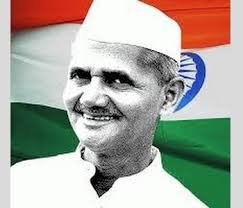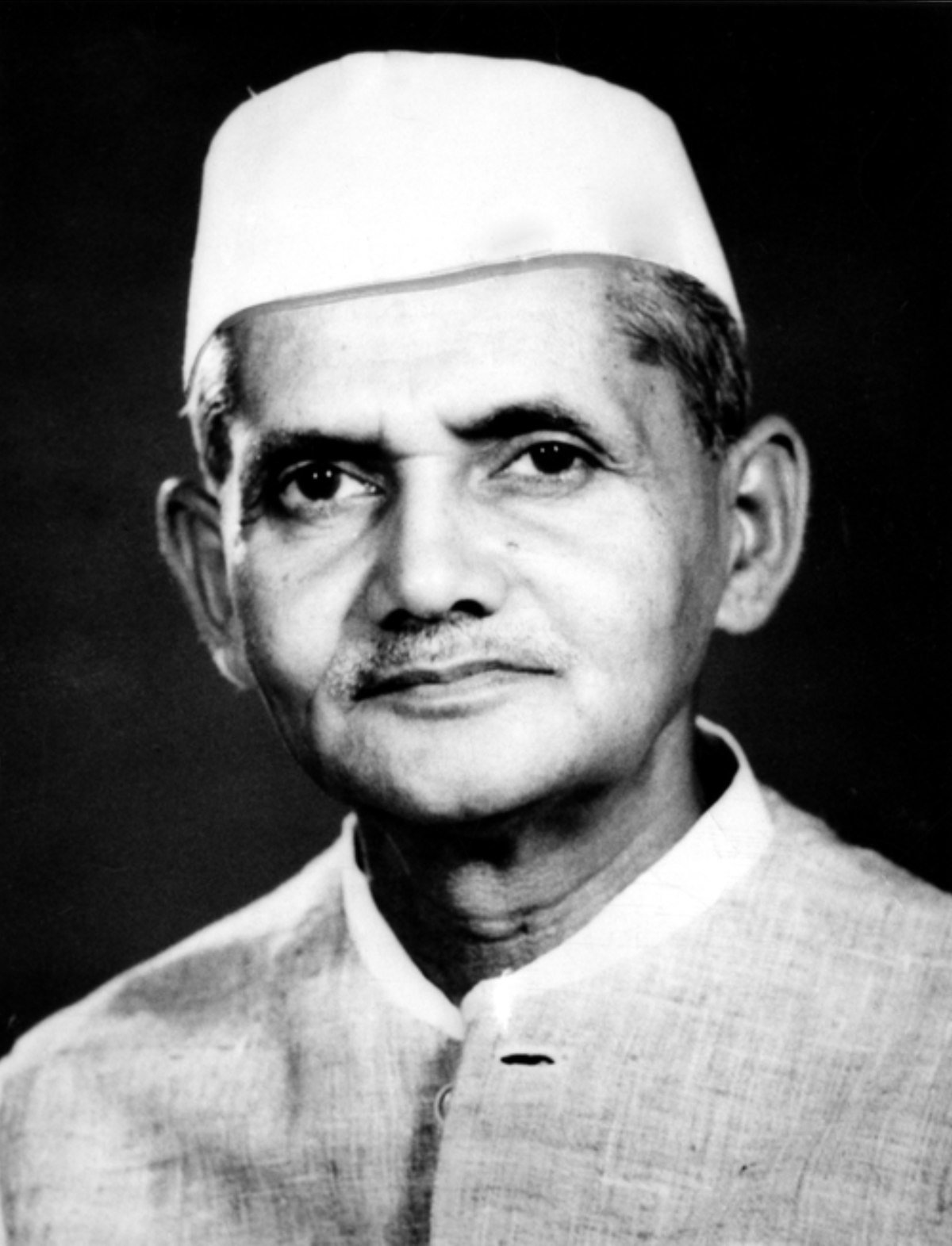The Enduring Legacy of Lal Bahadur Shastri: An Iconic Leader Committed to Equality and Progress.
Lal Bahadur Shastri, the second Prime Minister of India, was a remarkable leader who played a pivotal role in shaping the country’s destiny. His dedication, humility, and vision made him a beloved figure in Indian history. In this article, we will delve into the life, accomplishments, and ideals of Lal Bahadur Shastri.
Early Life and Education
Born on October 2, 1904, in Mughalsarai, Uttar Pradesh, Lal Bahadur Shastri hailed from a humble family. His father was a school teacher, and Shastri imbibed the values of simplicity and hard work from an early age. Despite facing financial constraints, he pursued his education with great determination and earned a Bachelor’s degree from the Kashi Vidyapeeth.

Political Journey
Shastri’s tryst with politics began during the freedom struggle against British rule. Inspired by Mahatma Gandhi’s principles of non-violence and civil disobedience, he actively participated in various movements, including the Salt Satyagraha. His commitment and leadership skills caught the attention of national leaders, and he soon became an integral part of the Indian National Congress.
Leadership during the Green Revolution
As the Prime Minister of India from 1964 to 1966, Lal Bahadur Shastri faced numerous challenges, including food scarcity. India was grappling with a severe drought and food shortage, threatening the livelihoods of millions. Shastri’s leadership during this critical period led to the implementation of the Green Revolution, a remarkable agricultural transformation that significantly increased food production in the country.
Lal Bahadur Shastri’s Vision for India
Shastri envisioned an India that was self-reliant, egalitarian, and free from poverty and social injustice. He believed in the power of education, rural development, and empowering the marginalized sections of society. His slogan “Jai Jawan, Jai Kisan” (Hail the Soldier, Hail the Farmer) epitomized his commitment to both national security and agricultural prosperity.
Contributions to the Nation
During his tenure as Prime Minister, Lal Bahadur Shastri implemented several impactful policies and initiatives. He promoted the White Revolution, aimed at improving India’s milk production, and established the Food Corporation of India to ensure food security. Shastri also made significant contributions to the development of the country’s space and nuclear programs.
Shastri’s Ideals and Principles
Lal Bahadur Shastri was a man of integrity and simplicity. He led by example and believed in moral values and ethical governance. He emphasized the importance of self-discipline, honesty, and social harmony. Shastri’s principles continue to inspire leaders and citizens alike to strive for excellence and work towards the greater good.
Legacy and Remembrance
Lal Bahadur Shastri’s sudden demise in 1966 left a void in the nation’s heart. However, his legacy lives on, reminding us of the power of humility, dedication, and inclusive leadership. Shastri’s birthday, October 2, is celebrated as “Shastri Jayanti” in India, honoring his immense contributions to the nation.
Conclusion
Lal Bahadur Shastri’s journey from a small town to the corridors of power serves as an inspiration to millions. His unwavering commitment to the welfare of the people and his progressive vision for India have left an indelible mark in the pages of history. Lal Bahadur Shastri will forever be remembered as a visionary leader and a champion of equality.



